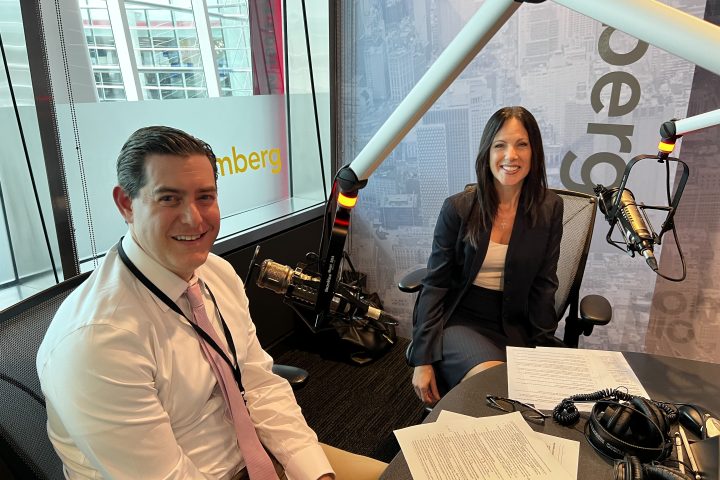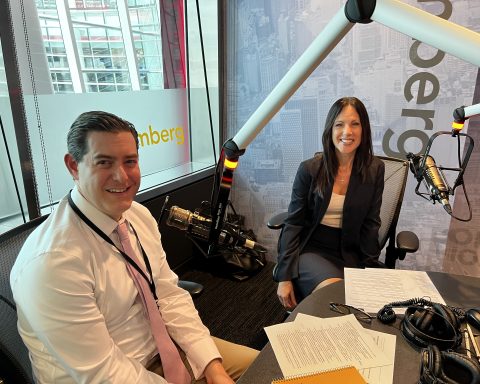The global adoption of cryptocurrency continues to grow, with a more diverse user base now involved, ranging from retail investors to institutional players. However, misconceptions about Bitcoin and crypto still persist from it being too volatile to be taken seriously, to being seen as a scam or speculative bubble and to its perceived association with bad actors and illicit activity.
In reality, Bitcoin’s has seen increasing mainstream acceptance, particularly in developing economies, and its use as a hybrid asset—used speculatively as a hedge against inflation and currency devaluation, as a store of value (Digital Gold”), and as a medium of exchange. While retail investors were initially at the forefront, institutional investors are increasingly playing a role, investing in Bitcoin through ETFs and other regulated products.
The rise of stablecoins—digital assets pegged to stable fiat currencies like the U.S. dollar—has reshaped the financial landscape. The recently passed GENIUS Act bill seeks to regulate digital assets, including stablecoins, by setting cybersecurity standards and enhancing oversight, helping ensure that innovation does not come at the cost of consumer safety or financial stability.
Innovations in crypto technology, such as smart contracts, Layer 2 solutions and improved privacy features, are also advancing the space, making it more scalable and practical for broader use.
For senior finance executives, the key considerations around digital currencies involve understanding them as both investment assets and potential operational tools. Strategically, cryptocurrencies offer new opportunities for diversification and risk management, but operational challenges like security and regulatory compliance must be addressed. With growing institutional adoption, crypto’s future is likely to be shaped by both investor sentiment (retail and institutional) and regulatory clarity, making it an evolving area of focus for the financial sector.


























